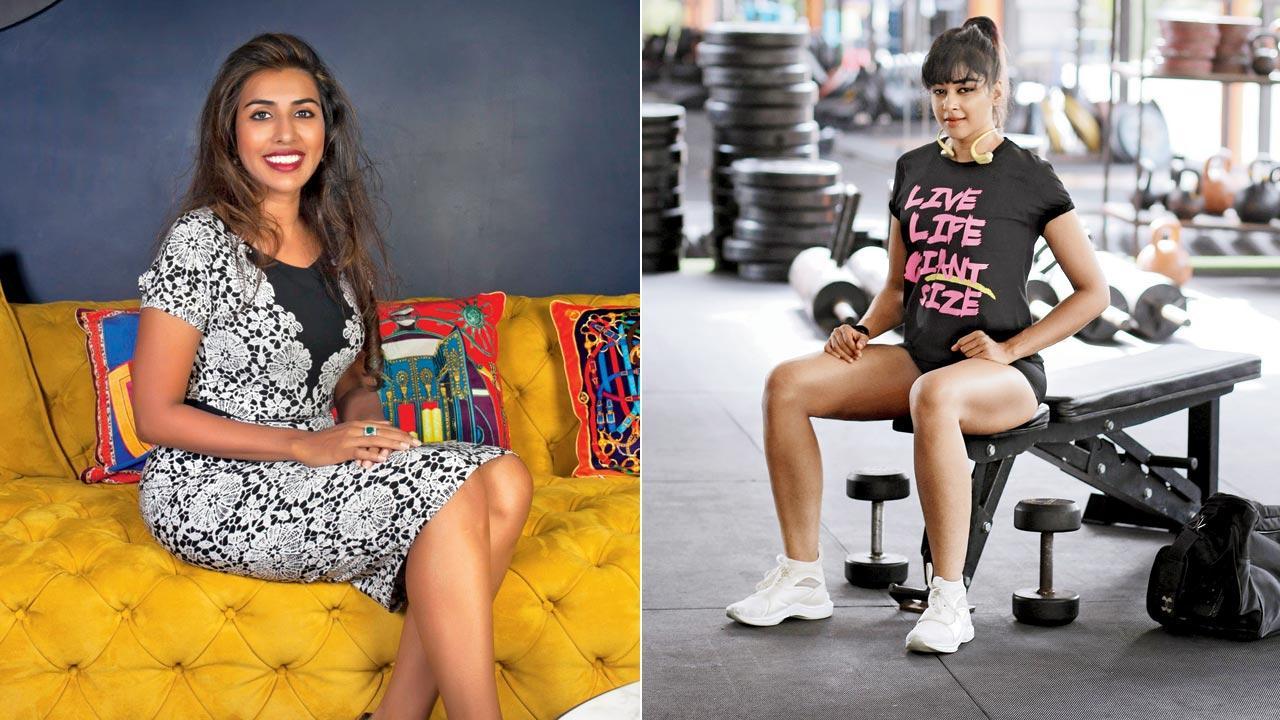Home / Sunday-mid-day / / Article /
Why social media health influencers must now disclose their qualifications?
Updated On: 24 April, 2023 04:55 PM IST | Mumbai | Arpika Bhosale
With the Department of Consumer Affairs swooping in on health and wellness influencers with tighter regulations, doctors and experts fighting problematic content and social media quacks say the move is the need of the hour

Cosmetic dermatologist Dr Chytra V Anand suggests a government portal to validate qualifications, while Sapna Vyas, a health coach, feels authentic influencers will not shy away from transparency
There is a lot of crazy content out there,” says Dr Anuj S Tiwari, a general physician, who consults with Juhu’s RN Cooper Hospital. Tiwari was among those who used social media to counter the mass volume of fake messages guaranteeing a cure during Mumbai’s COVID-19 crisis. “Self-proclaimed doctors, who might have done only six-month courses and even those who have an MBBS degree, but who are not practising at all, are earning a living by making quick reels on Instagram and one-minute videos,” says Tiwari. His anger is justified, considering the power that health influencers wield over popular discourse of health and wellness.
The influencer marketing industry in India was valued at over Rs 12 billion in 2022, and is projected to grow at a compound annual growth rate of 25 per cent over the next five years. Health influencing, which occupies a considerable space in this segment, has so far been flourishing with influencers like Mrunal Thakur, Sapna Vyas and Yasmin Karachiwala, among others, leading the race.



